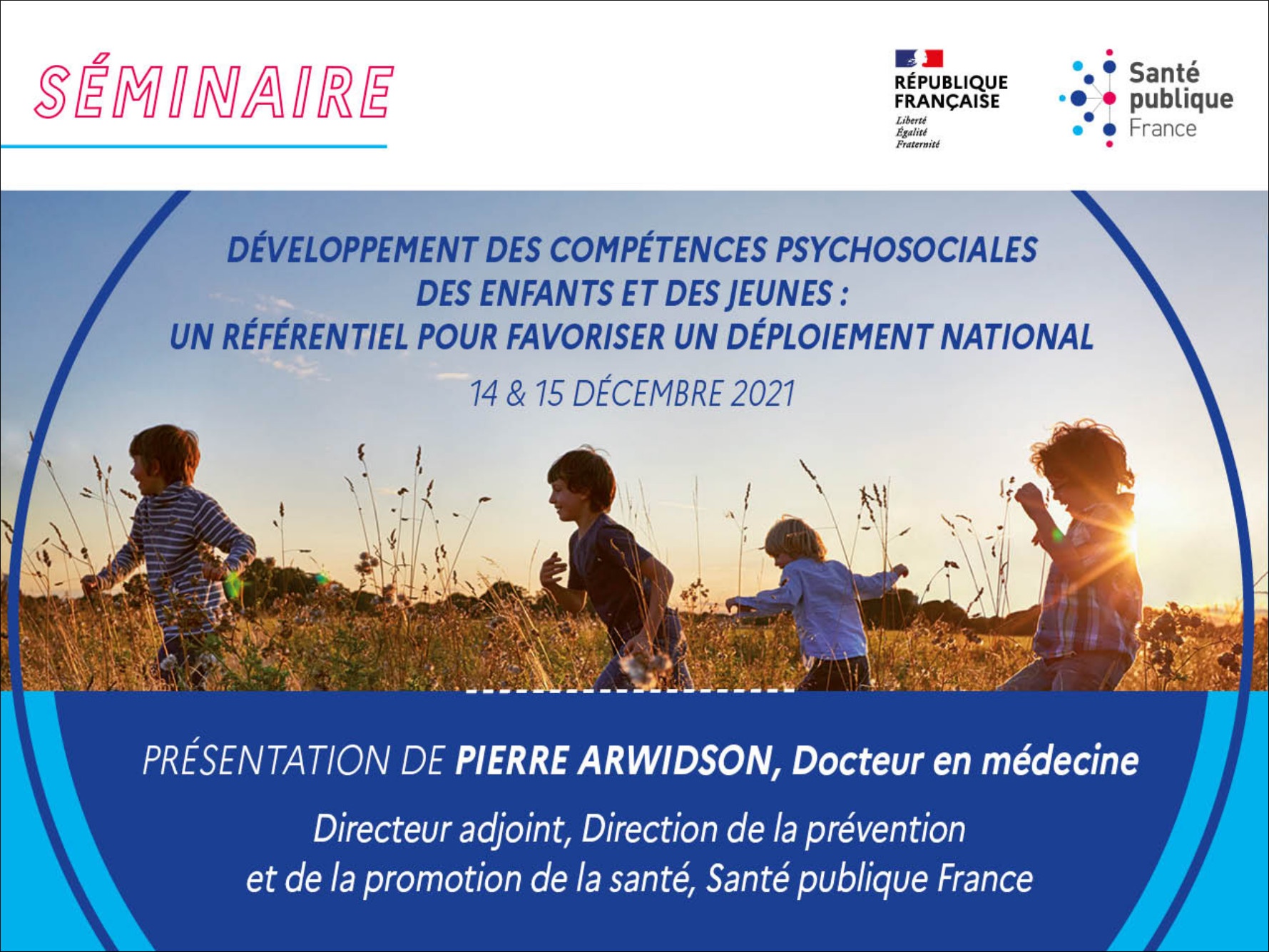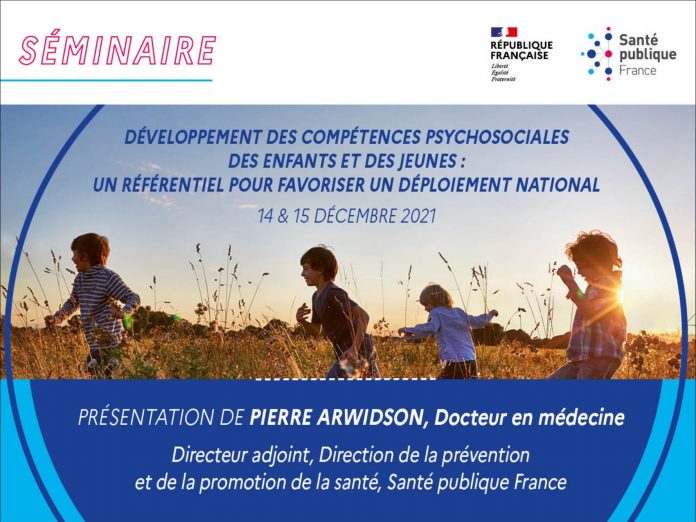
One of the origins of life skills-based program design came from researchers who aimed to reduce the public health problems of young people that society was most concerned about. Among the two main subjects studied, it is necessary to note the consumption of psychoactive substances or problems related to sexuality. It is precisely these two themes of prevention that had been retained in the Inserm collective expert report entitled Education for health. Approaches and Methods, published in 2001. In the evaluation chapter of this collective expert report, we note that some of these scientifically evaluated programs were effective, while others were not. It is in fact the quality of design and implementation that matters and not the category of approach, even by life skills. Two emblematic programs will be presented: the one designed by Gilbert Botvin around the problem of addictions and named Life skills training, and the one designed by Douglas Kirby, concerned with the risks associated with sexuality and named Safer choices ( Safer choices). These programs generally consist of a generic part (general skills) and a specific part related to the theme of prevention, namely information or skills specific to the theme. The current question is how to transfer effective theme-specific prevention programs to other themes. Do addiction prevention programs have an effect on sexual risks? Do they have an effect on the prevention of violence? Under what conditions? International organizations have produced thematic international benchmarks: UNESCO-WHO-UNICEF on sexuality, UNODC on drugs. The World Bank has produced a generic benchmark but with the objective of economic success.
Development of psychosocial skills for children and young people: a reference system to promote national deployment, 2021/12/14-15
Author : Arwidson Stone
Year of publication: 2021
Pages: slideshow, 32 slides













